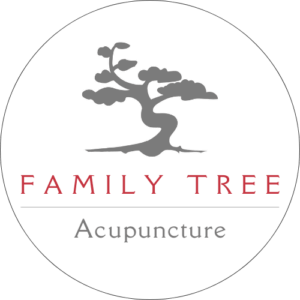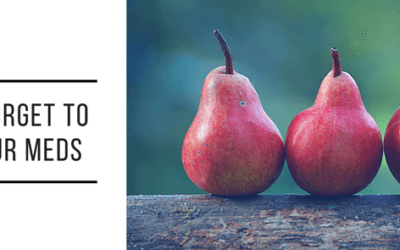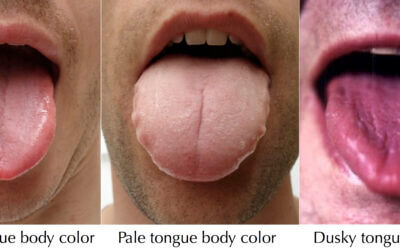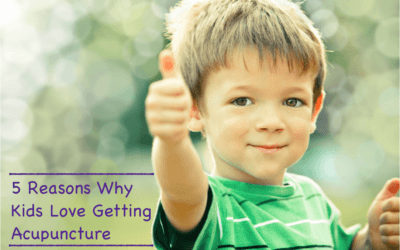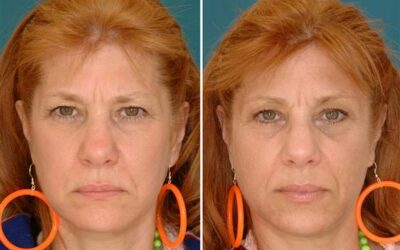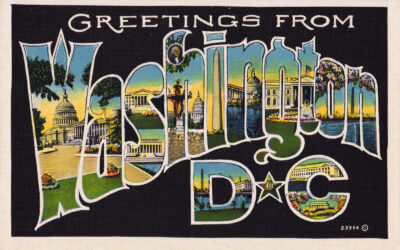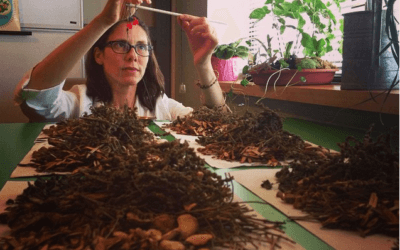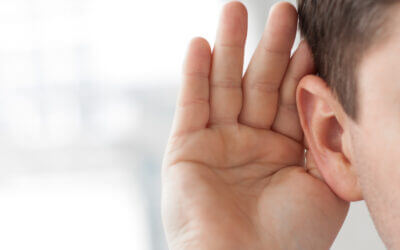A few months ago, I was happily distracted by the natural soaps offered by a vendor at an outdoor festival in Ocala when my daughter came running up to me in alarm. “Come see the bees flying around that woman’s head!”
Oh my.
Sure enough, a local beekeeper was calmly answering questions while selling local honey from her vendor booth. All the while, a cluster of bees nested on her neck, shoulders and hands and others swarmed around her head. She wasn’t the least bit alarmed, so I decided that I wasn’t going to be either.
No doubt, this woman knew what she was doing, and I was buzzing with questions.
As a former chronic allergy sufferer, I am always interested in non-pharmaceutical remedies for those whose symptoms of sneezing, itchy eyes & ears, runny nose and scratchy throat are annoying at best and debilitating at worst. Acupuncture and Chinese herbs changed my life in this way. But every so often, I’ll get a little tickle in my nose during certain times of the year to keep me humble.
If you suffer from seasonal allergies, then you’ve likely heard of honey as a remedy. Maybe you’ve even made yourself a cup of tea with honey to test this out yourself. Nothing happened, right? I know, I had the same experience.
Turns out, we’ve been doing it all wrong!!
I put this question to the bee keeper, and she clarified a few things.
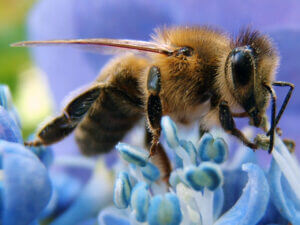 1) Locals Only
1) Locals Only
It’s time for a little sex education…a “birds and the bees” talk, if you will. The honey has to be local, and here’s why. Bees flit from flower to flower in search of precious nectar to fill their little bee bellies. As they do this, the pollen from a variety of flowers and plants is carried and transferred from their sticky legs. This cross-pollination helps the flowers reproduce.
When the bees return to their hives to begin making honey, the pollen gets incorporated into the process. When we consume the honey, the result is similar to that of a vaccine: trace amounts of various types of pollen are introduced, which triggers our immune system to respond. The result is the creation of an army of antibodies, which keep the body from reacting when exposed to that same allergen in the future. Choosing local honey increases the chances that the types of flowering plants and grasses that are causing your symptoms are the same varieties that the bees are including in the honey they produce.
2) Straight Up
You must consume a spoonful of honey directly as opposed to dissolving it in a hot cup of tea, or a steaming bowl of oatmeal. According to the local beekeeper, the process of heating and dissolving the honey in a liquid or baking with it renders the active pollen useless in its ability to activate the immune system. For me, this bit of information was the missing link.
3) How To
Listen up all you spring season allergy suffers! Beginning one month before allergy season (aka NOW), take one spoonful of honey every day. Be sure to never give honey to an infant under the age of 12 months. Honey can grow spores that release a toxin which can cause paralysis in infants…sorry if I just killed your buzz.
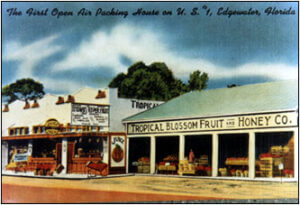 Don’t forget that acupuncture and Chinese herbs are proven to help boost the immune system and relieve allergy symptoms. Like taking honey, it’s important to start treatments a month or two before your allergy season. If you are a spring allergy sufferer, now is the time. Start taking your local honey, and schedule an appointment with us online while you’re at it. The power to heal is yours. Now that’s nothing to sneeze at!
Don’t forget that acupuncture and Chinese herbs are proven to help boost the immune system and relieve allergy symptoms. Like taking honey, it’s important to start treatments a month or two before your allergy season. If you are a spring allergy sufferer, now is the time. Start taking your local honey, and schedule an appointment with us online while you’re at it. The power to heal is yours. Now that’s nothing to sneeze at!
Know any allergy sufferers who could benefit from this information? Don’t be shy. Pass this along!

